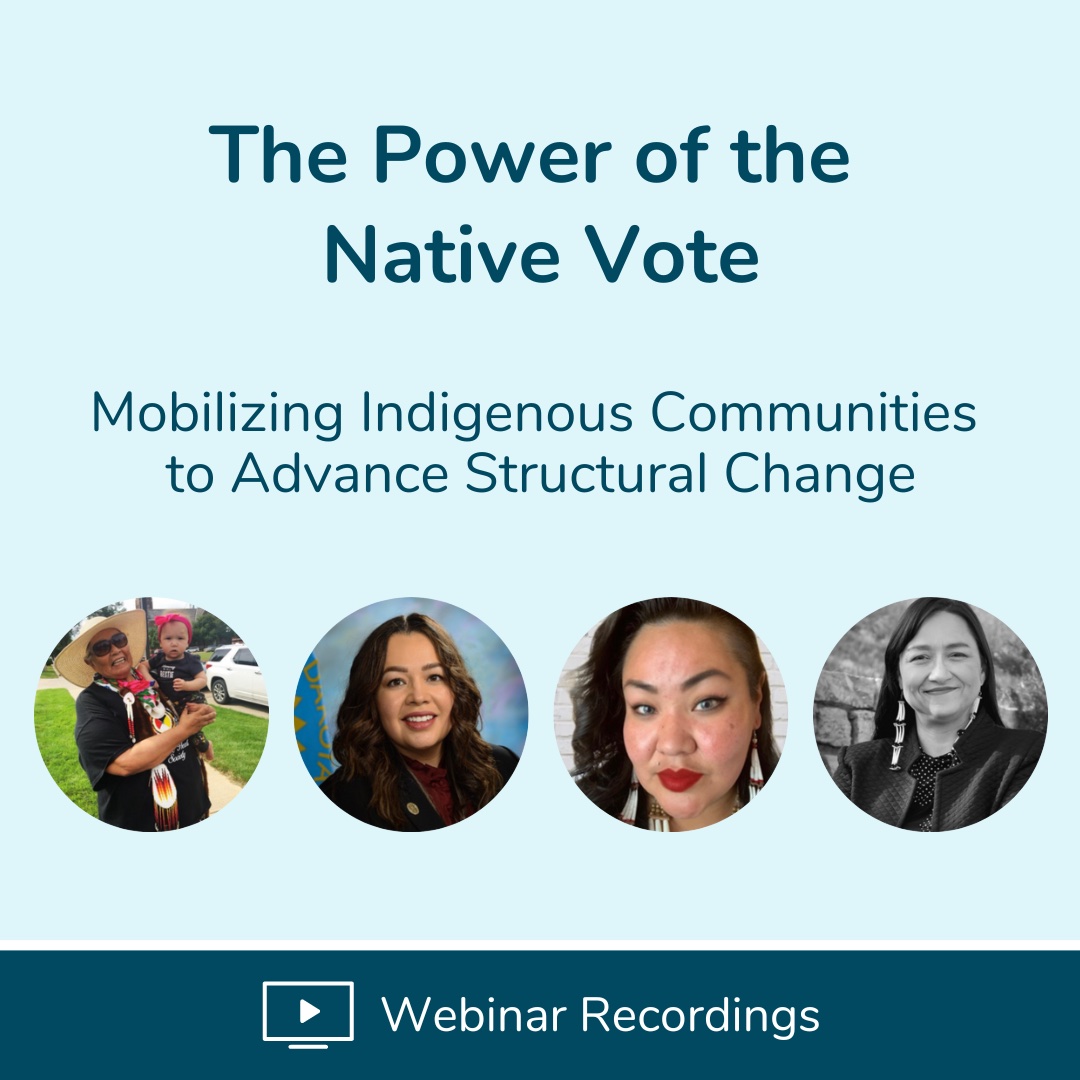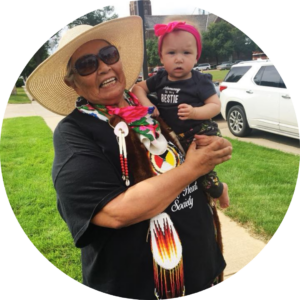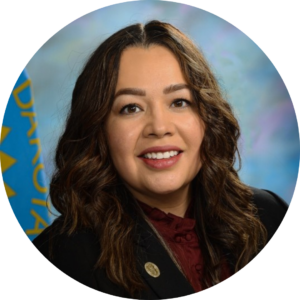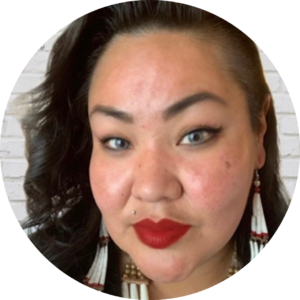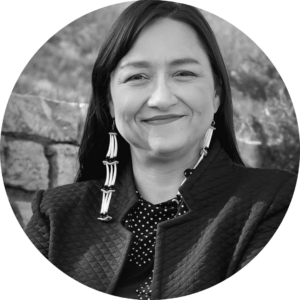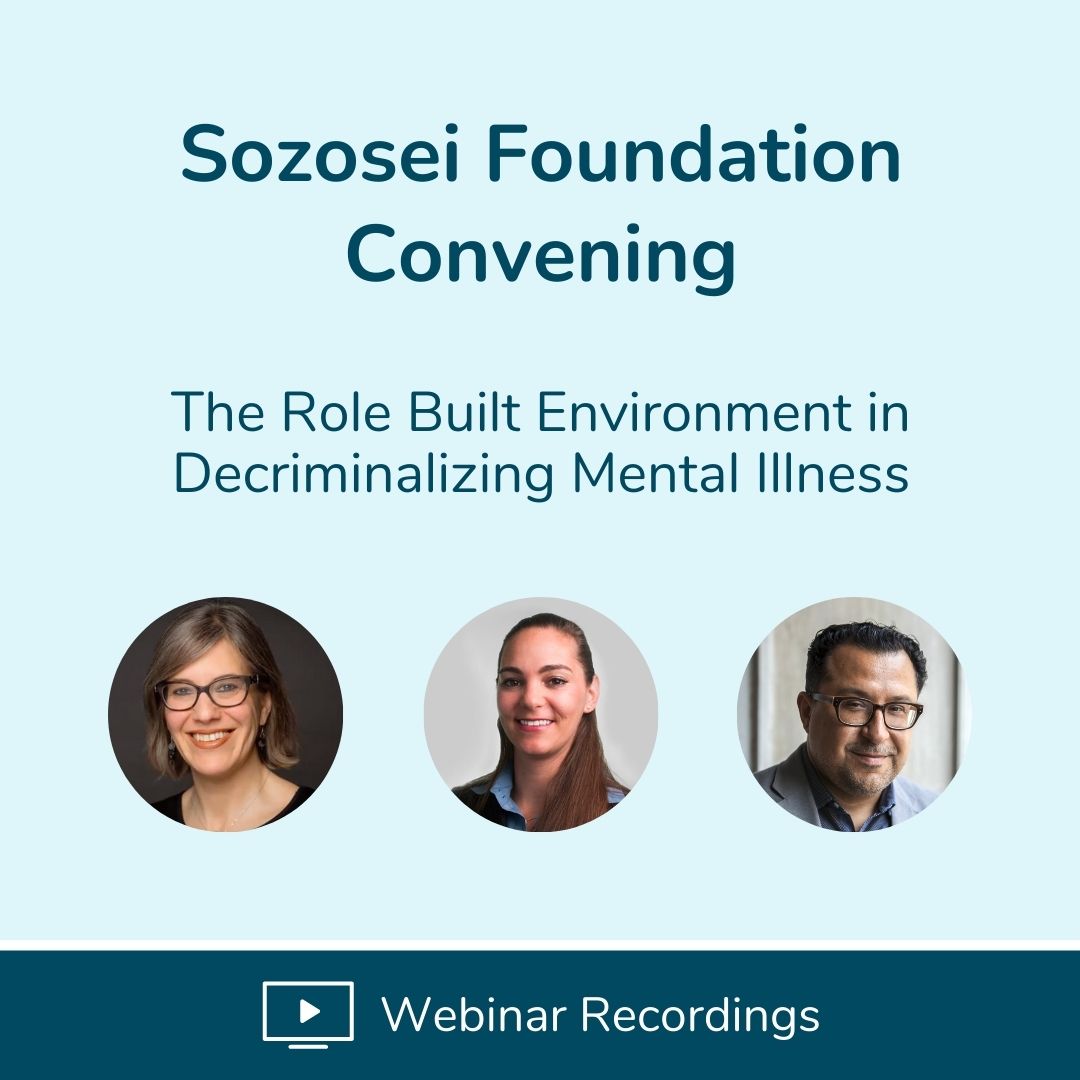The Wellbeing Blueprint hosted a conversation with Indigenous activists to discuss the power of Native voice and mobilizing the Indigenous vote.
Scroll down for more information about the speakers: Faith Spotted Eagle, Representative Peri Pourier, Candi Brings Plenty and Natalie Stites Means.
Faith Spotted Eagle
Faith is a 73-year old Dakota elder from the Ihanktonwan Band of the Oceti Sakowin. She is the Coordinator of the Brave Heart Society, a traditional Dakota Society. As a fluent speaker of her language she received her cultural education from her grandparents and father. She has a MA in Counseling & Guidance from the University of SD and has been a school principal, teacher, counselor, manager of numerous projects, organizational trainer and a peacemaker/mediator.
She has two children and three grandchildren. She is the only Native American to receive an electoral vote for President of the US in 2016. She lives on the Yankton Reservation, Ihanktonwan Oyate on the Oceti Sakowin and has defended water all of her life after losing her community to the Ft. Randall Dam. She fought and won against the KXL Pipeline and has also stood strong against the DAPL by being the Chair of the Ihantonwan Treaty Committee and the leader of Water projects, including Mni Wizipan Wakan.
Representative Peri Pourier
Peri Pourier is a South Dakota lawmaker representing District 27 in the state House of Representatives. An Oglala Lakota living on the Pine Ridge Reservation, she is a decorated Navy veteran whose intelligence work was highly valued towards the United States military “hearts and minds” operations in southern Afghanistan. She garnered numerous commendations in her eight years as an intelligence analyst, providing vital insight into complex socio-cultural issues that impacted the field of conflict and delivering critical “ground truth” to decision makers.
Since her return to civilian life in South Dakota, Pourier has co-founded a nonprofit to help meet essential needs during emergencies on Pine Ridge and created a nationwide mothers-to-mothers network that assists economically challenged young mothers and infants. She led the Oglala Sioux Tribe’s Background Investigation and adjudication program for six years before launching her own small business.
Pourier has landed local, state, national and international print and broadcast coverage in outlets including The Guardian, MSNBC, The Los Angeles Times and NPR on topics such as human trafficking, natural disaster relief, emergency health crisis, poverty and distinctly Indian-country challenges.
Her cross-cultural, personal and professional experience makes Pourier uniquely situated to the work of bridging the gap between Native and non-Native stakeholders to foster clearer understanding and craft actionable, data-informed solutions that will better the lives of all South Dakotans regardless of descent. Pourier has championed the establishment of the Missing and Murdered Indigenous Persons Liasion office under the South Dakota Attorney General’s Office, first of its kind in the United States. Pourier is currently serving her second term in the state legislature.
Candi Brings Plenty
Wakinyan Tunwanpi Iyoyanpa Win
Candi Brings Plenty, Oglala Sioux Tribe, is the Indigenous Justice Organizer for the American Civil Liberties Union of South Dakota. Candi, who identifies as Two Spirit and non-binary, works to build public education and advocacy programs through coalition-building, leadership development, communication and lobbying.
They are also a Lakota cultural practitioner and work towards empowerment and visibility of Two Spirit warriors so that they may reclaim their walk of life in the sacred circle.
Candi earned a B.A. degree in Native American studies with an emphasis on tribal laws and treaties as well as a graduate certificate in public and nonprofit management and pursued a master’s degree in public administration from Portland State University.
Natalie Stites Means, JD
Natalie Stites Means JD (Cheyenne River Lakota/Dakota) is an organizer and social entrepreneur. In 2019, after being the first Native American woman to run for Rapid City mayor, she founded the HeSapa Voter Initiative (HSVI), a civic engagement effort for urban Indians in South Dakota. When the pandemic hit, she and other women co-founded the grassroots community response now known as the Wotakuye Mutual Aid society under the auspices of the HSVI to respond to urban Indians in Rapid City. In August 2019, she was appointed to the South Dakota Advisory Committee to the US Commission on Civil Rights for a four-year term.
Ms. Stites Means is a 1999 UCLA graduate in History and American Indian Studies and received her Juris Doctor from the UCLA School of Law in 2007. In October 2019, she was recognized by her alma mater for her work for Indigenous peoples and social justice as part of the UCLA Centennial Initiative and is one of the 25 Women of UCLA recognized by Berkeley’s Celebration of 150 Years of Women in 2020. She is married with one child in the beautiful, sacred Black Hills.
